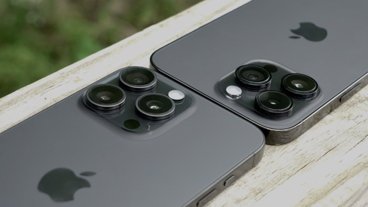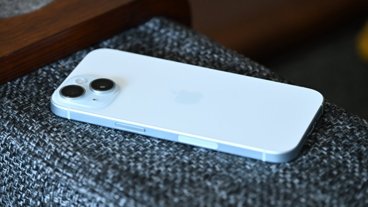Apple forces Meizu to halt sales of iPhone look-alike
For years, Meizu has been producing phones with a similar look and feel to Apple's iPhone. Though the company's offerings were never officially sold in the U.S., Meizu has garnered a loyal following, especially in its home country of China.
Earlier this week, Meizu CEO Jack Wong reportedly expressed frustration over Apple lawyers using "unreasonable negotiation tactics" when dealing with Meizu, according to Engadget. Apple's legal department went after Meizu for its M8 touchscreen smartphone, which the Cupertino, Calif., company alleges has "an appearance roughly similar" to that of its iPhone.
Wong then announced on Meizu's online forums that the company would cease production and stop sales of the M8, due to Apple's efforts to enforce its patents through China's Intellectual Property Office, Electronista reports. The company's next-generation M9 smartphone, which will run a custom version of Android, could also be delayed if the local government moves to shut down factories.
Apple had reportedly reached a deal with Meizu to halt production of the M8, but then "allegedly turned on the deal" and pressed for a sales ban as well, the report notes. Wong has threatened that the company may resort to filing its own court case if pressed too hard. In postings to the company's official forum, he wrote that he would cope with the halt in production, but not with the sales freeze, which could jeopardize Meizu's resellers.
According to Electronista, early mockups of Meizu's M8 smartphone emerged within weeks of Apple's unveiling of the original iPhone in 2007 and bore a striking resemblance to Apple's entry into the wireless industry. Updates to the final design of the M8, which was released in late 2008, closely resembled the newly released iPhone 3G.
With Apple aggressively going after the Chinese market, it will need to protect its intellectual property. Some manufacturers in China are quick to copy designs of popular devices, especially ones from Apple, often selling them as 'knock-offs' on the grey market.
Meanwhile, Apple's brand recognition in China has seen steady improvement. Sales of the iPhone 4 in China appear to be healthy, topping 100,000 in the first few days after launch, with over 100,000 more pre-orders to be fulfilled in the month of October. In February, the Cupertino, Calif., company revealed plans to open 25 retail stores in China in the next two years. Apple's third and fourth Chinese retail stores opened to long lines on Sept. 25, the same day as the iPhone 4 launch.
 Josh Ong
Josh Ong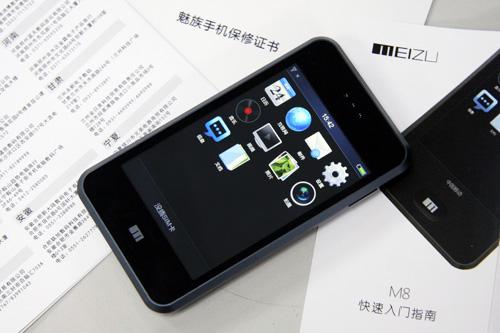


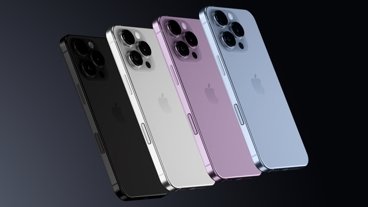
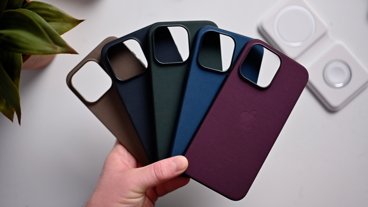






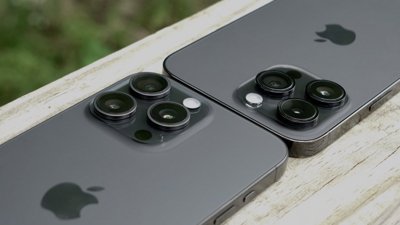
 Mike Wuerthele
Mike Wuerthele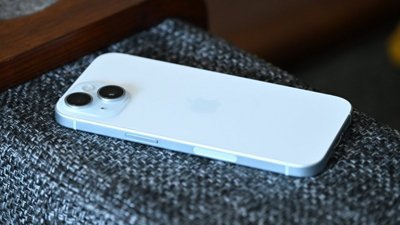
 William Gallagher
William Gallagher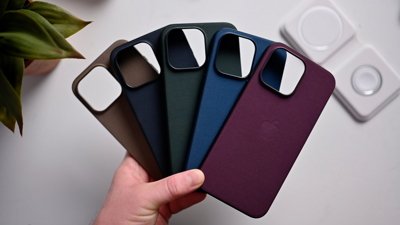

 Andrew Orr
Andrew Orr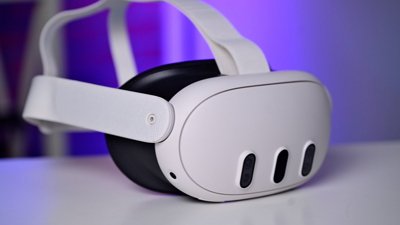
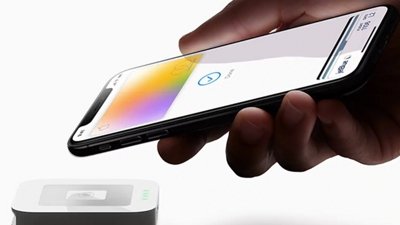
 Marko Zivkovic
Marko Zivkovic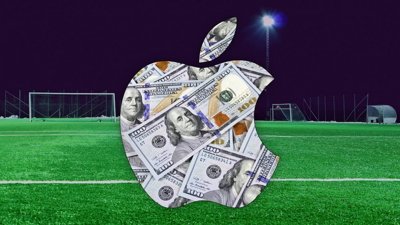
 Malcolm Owen
Malcolm Owen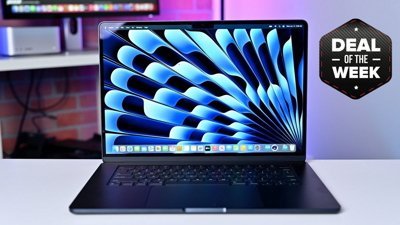
 Christine McKee
Christine McKee